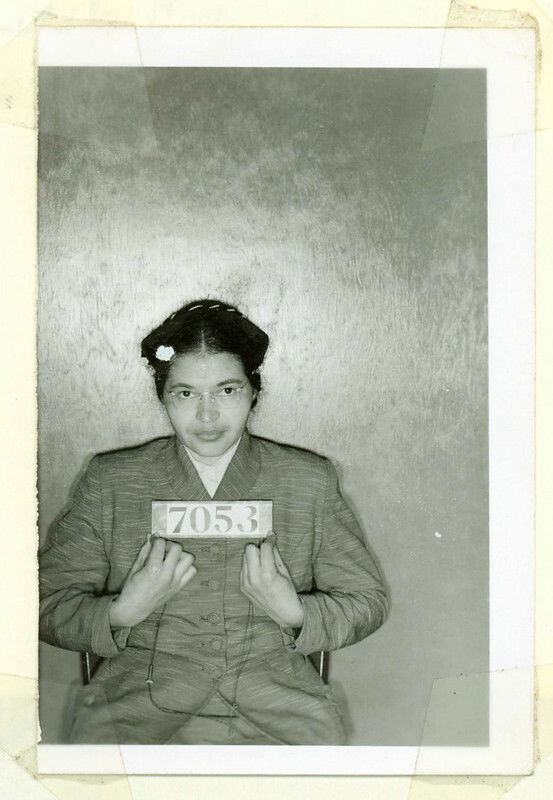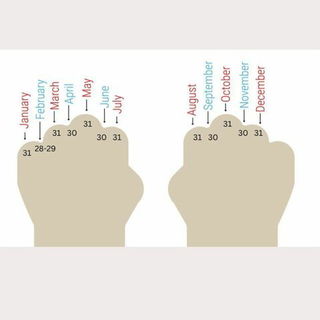- Calendar
- Calendar 2026
- February
- Rosa Parks Day
Rosa Parks Day
Rosa Parks Day is an important American commemorative day that takes place on February 4, Rosa Parks’s birthday.
The States of Ohio and Oregon are the only ones that celebrate this day on December 1st, the day of her arrest. It is not a public holiday, so businesses and schools run as usual.
She breathed her last on October 24, 2005, at 92 years of age due to natural causes but her legacy remains immortal.

Who was Rosa Parks
Rosa Parks, born Rosa Louise McCauley, was a leader of the Civil Rights Movement, who gained notoriety after refusing to give up her bus seat for a white person on a segregated bus.
This led to the significant Montgomery Bus Boycott, which marked the end of racial segregation in Alabama.
For her efforts, Parks was awarded the Martin Luther King Jr.’s Award by the NAACP, the Presidential Medal of Freedom, and the Congressional Gold Medal. She is even called the 'mother of the civil rights movement' for her bravery and contribution.
The History of Rosa Parks Day
Rosa Parks Day became an official observance in the United States when a California State Legislature was passed in 2000.
The first celebration took place in Ohio after Joyce Beatty strongly advocated for the passing of the law that would mark a day for the recognition of Rosa Parks’s life and legacy.
This day is also commemorated by the Columbus Ohio Bus System.
However, this day was not formally recognized until 2014 in the States of Missouri and Oregon, by the hands of Governors Jay Nixon and Kitzhaber, respectively.
Early Life of Rosa Parks
Rosa Parks was born on February 4, 1913, in Tuskegee, Alabama. She was the granddaughter of former slaves, who instilled in her the need for the advocacy for racial equality.
Her childhood was thus shaped by discrimination and activism, with her grandfather once confronting members of the Ku Klux Klan who were marching in front of their house.
Parks attended school but her mother taught her how to read. This is because the segregated schools offered no conditions for African-American students at that time. They lacked proper school supplies and had to walk for miles to school, as school buses were only available for white students.
She attended school up to the 11th grade, in 1929 when she had to leave to help her sick grandmother and mother back home. Afterward, she landed a job as a seamstress at a shirt factory in Montgomery.
In 1932 she married NAACP member Raymond Parks, who encouraged her to graduate high school.
She did so in 1933, and became involved in civil rights issues, joining the NAACP as a youth leader and secretary to the president of the association.
Rosa Parks’s Arrest on December 1, 1955
On December 1st, 1955 Rosa Parks boarded a bus after work, sitting on the first row designated for colored passengers.
When the bus stopped as usual at the Empire Theatre stop, all white people got a seat except one. The driver asked Rosa Parks and three other black people to give up their seats. While the other three gave in, Parks simply refused to obey his command.
She was subsequently arrested after resisting a bus driver’s orders to give up her seat for a white passenger. She later explained that she did so because she was tired of giving in to discriminatory laws.

PC: GPA Photo Archive, CC 2.0, unedited
At the time the Montgomery City Code stated that all public transport must be segregated, and gave bus drivers the same power that police officers had inside their buses. This law designated that passengers should have separate but equal seating, with a line down the middle of the bus that separated white passengers from black passengers.
Black people should get on in the front to pay for their ticket and then get off the bus to board again through the back door.
The Montgomery Bus Boycott
On December 5, 1955, the day of Rosa Parks’s trial, the African-American community united in her support and stayed off any public transport in the city.
Seeing this unity, NAACP leaders thought that a longer boycott would be more efficient in passing a message.
As a result, the Montgomery Bus Boycott movement started that lasted for 381 days and concluded with the Supreme Court’s ruling that segregation on public transport was unconstitutional.
On June 1956 the district court ruled that Segregationist Laws were unlawful.
" I had no idea when I refused to give up my seat on that Montgomery bus that my small action would help put an end to the segregation laws in the South."
- Rosa Parks
On November 13, 1956, the Supreme Court agreed, thus marking the end of the Jim Crow Laws era.
The boycott then ended on December 20, 1956, and it is now recognized as one of the biggest and most successful movements against racial segregation.
Honoring Rosa Parks
For her efforts and struggles, Rosa Parks has been honored and remembered in America in several ways.
In 2000, Troy University opened the Rosa Parks Museum in Montgomery, Alabama.
The Henry Ford took over the Rosa Park bus in 2001 and it stands to date in its full glory at the Henry Ford Museum and reminds us of her bravery.
More recently, in 2019, a statue of Parks was unveiled in the same place, as a memorial to the 64th anniversary of her arrest.
The Rosa Parks Story, a movie about the activist’s life, was released in 2002.
On her 100th birthday in 2013, the US Postal Service released a Rosa Parks Commemorative Stamp. In the same year, President Obama unveiled a statue of Parks that is housed in the Capitol Building.
Did You Know These Rosa Parks Facts
- After Rosa Parks' arrest for breaking the bus segregation law, she almost broke another law when she was thirsty and proceeded to drink out of the water fountain in Jail. This water fountain was specifically reserved for the whites.
- James F. Blake was the white bus driver who led to the arrest of Rosa Parks that day.
- A lot of people tried to underplay Rosa Parks' achievements by claiming that she refused to give up her seat simply because she was tired. However, Parks refuted those claims by saying that she was just as tired as every other day and it was not the reason she refused to get up.
- Parks co-founded the Rosa and Raymond Parks Institute for Self-Development, an institute aimed at motivating and developing young people, particularly African American youths.
You might like to read these articles next:

Other Celebrations
-
Jan 01 Wed
-
Feb 01 Sat
-
Apr 18 Fri
-
Aug 01 Fri
-
Aug 15 Fri
-
Jan 19 MonMartin Luther King Day Holiday

Rosa Parks Day - Next years
Thursday, 04 February 2027
Friday, 04 February 2028
Sunday, 04 February 2029
2025 Calendars
Trending











